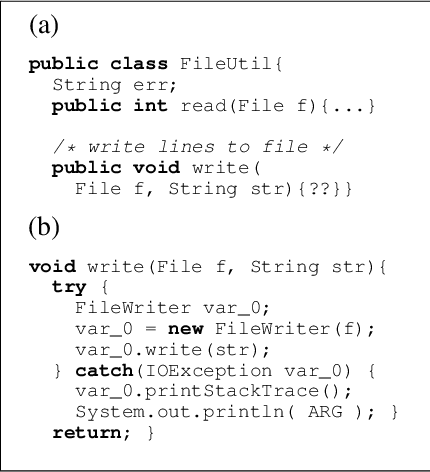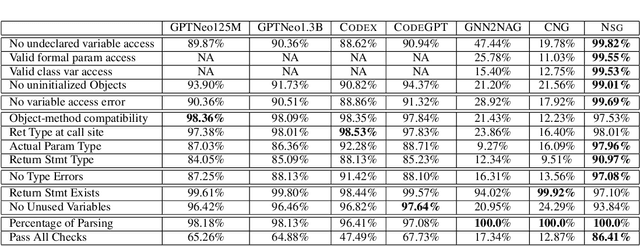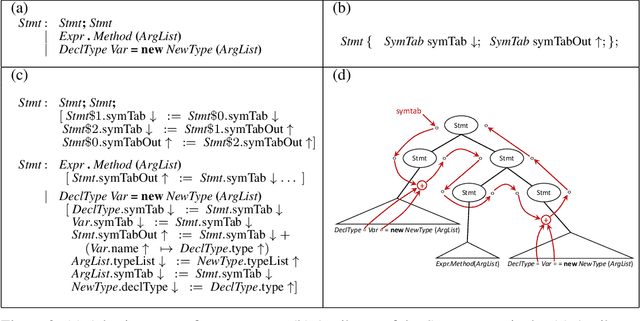Rohan Mukherjee
FANTAstic SEquences and Where to Find Them: Faithful and Efficient API Call Generation through State-tracked Constrained Decoding and Reranking
Jul 18, 2024



Abstract:API call generation is the cornerstone of large language models' tool-using ability that provides access to the larger world. However, existing supervised and in-context learning approaches suffer from high training costs, poor data efficiency, and generated API calls that can be unfaithful to the API documentation and the user's request. To address these limitations, we propose an output-side optimization approach called FANTASE. Two of the unique contributions of FANTASE are its State-Tracked Constrained Decoding (SCD) and Reranking components. SCD dynamically incorporates appropriate API constraints in the form of Token Search Trie for efficient and guaranteed generation faithfulness with respect to the API documentation. The Reranking component efficiently brings in the supervised signal by leveraging a lightweight model as the discriminator to rerank the beam-searched candidate generations of the large language model. We demonstrate the superior performance of FANTASE in API call generation accuracy, inference efficiency, and context efficiency with DSTC8 and API Bank datasets.
Neural Program Generation Modulo Static Analysis
Nov 22, 2021



Abstract:State-of-the-art neural models of source code tend to be evaluated on the generation of individual expressions and lines of code, and commonly fail on long-horizon tasks such as the generation of entire method bodies. We propose to address this deficiency using weak supervision from a static program analyzer. Our neurosymbolic method allows a deep generative model to symbolically compute, using calls to a static-analysis tool, long-distance semantic relationships in the code that it has already generated. During training, the model observes these relationships and learns to generate programs conditioned on them. We apply our approach to the problem of generating entire Java methods given the remainder of the class that contains the method. Our experiments show that the approach substantially outperforms state-of-the-art transformers and a model that explicitly tries to learn program semantics on this task, both in terms of producing programs free of basic semantic errors and in terms of syntactically matching the ground truth.
 Add to Chrome
Add to Chrome Add to Firefox
Add to Firefox Add to Edge
Add to Edge